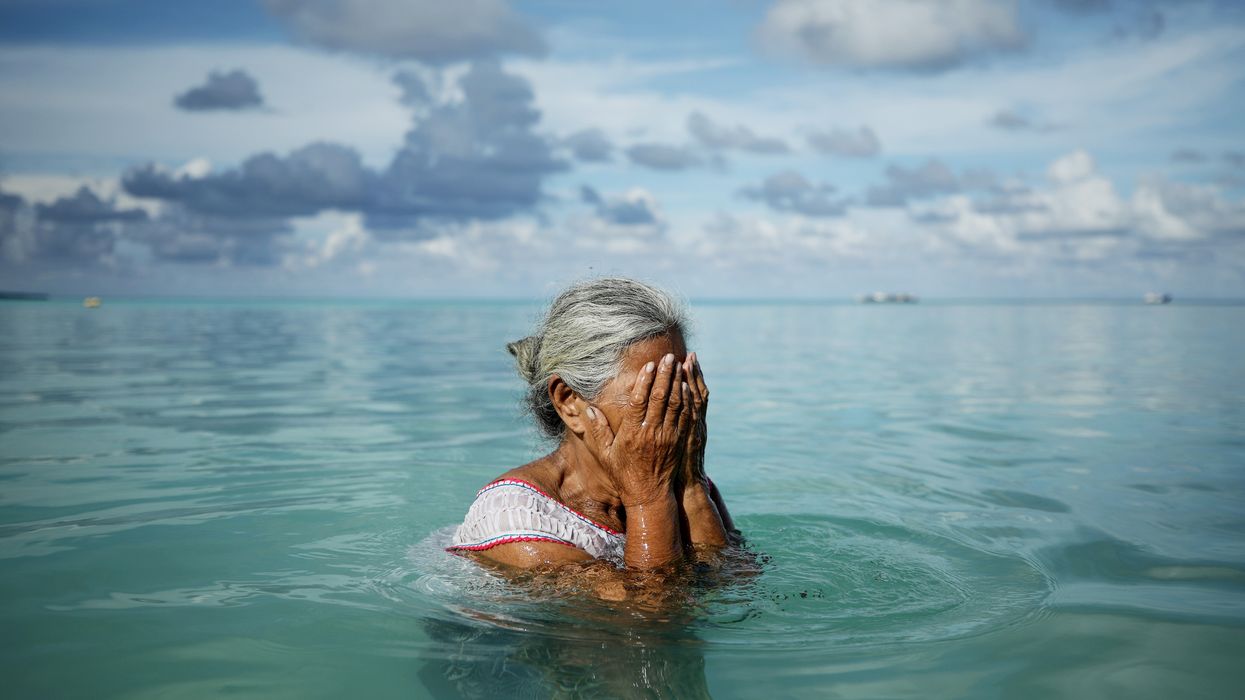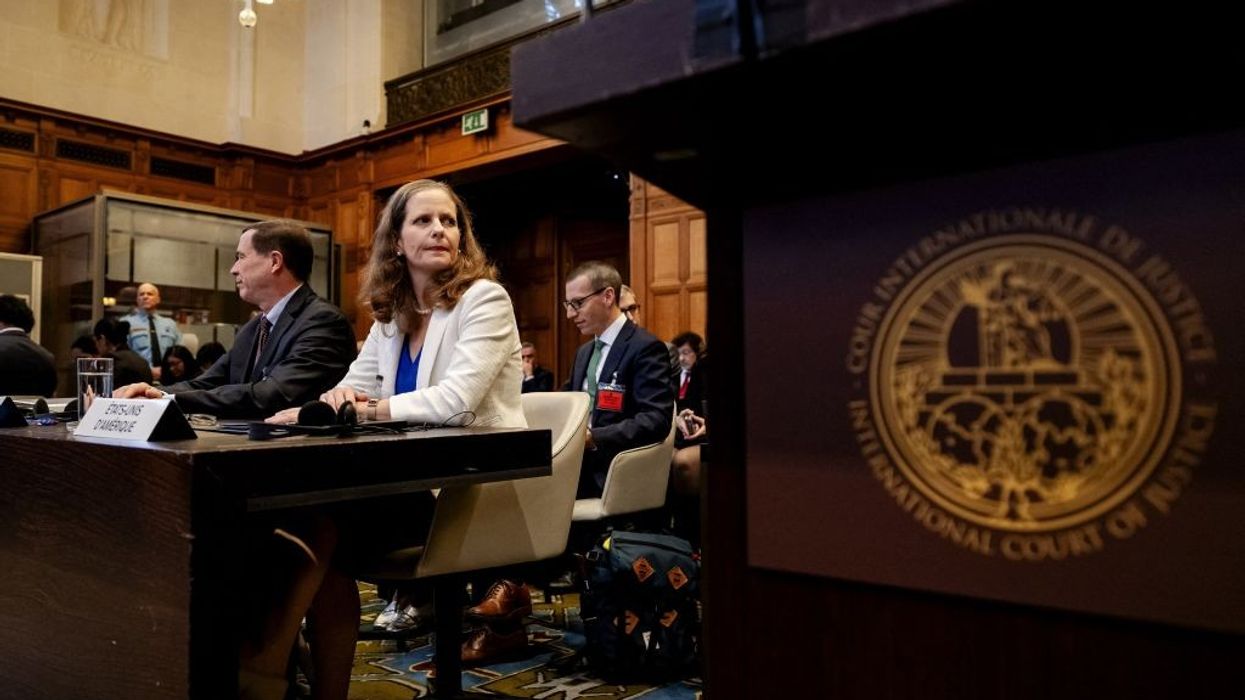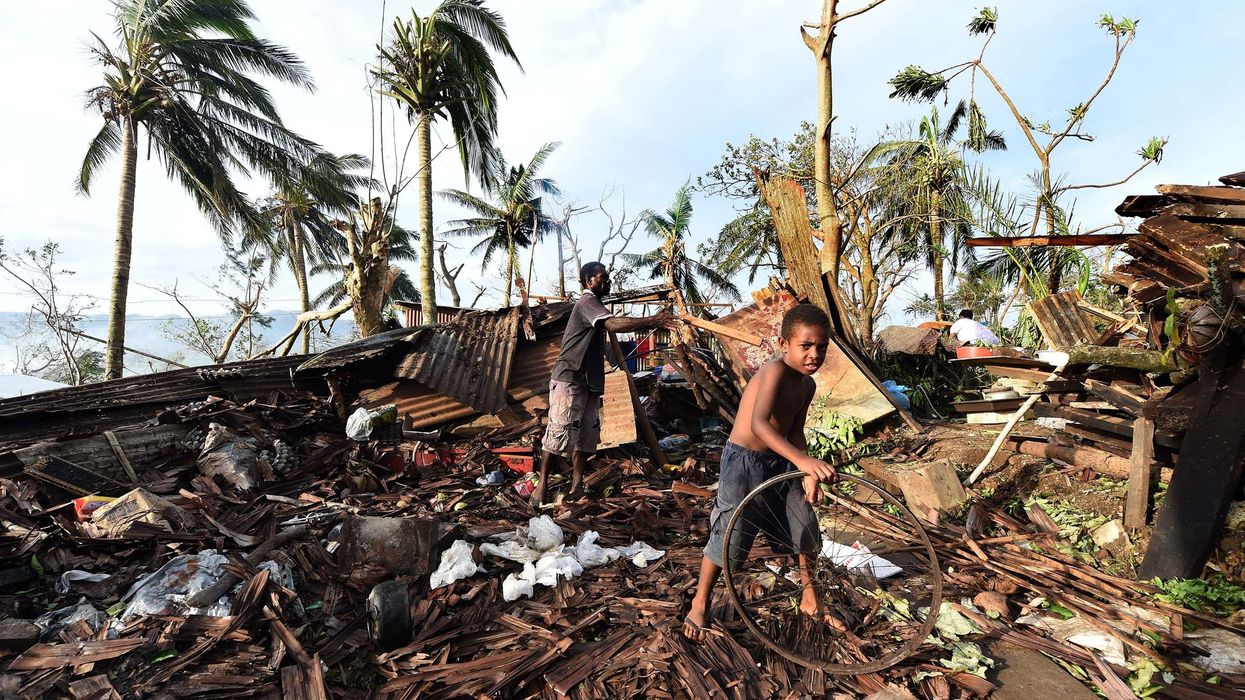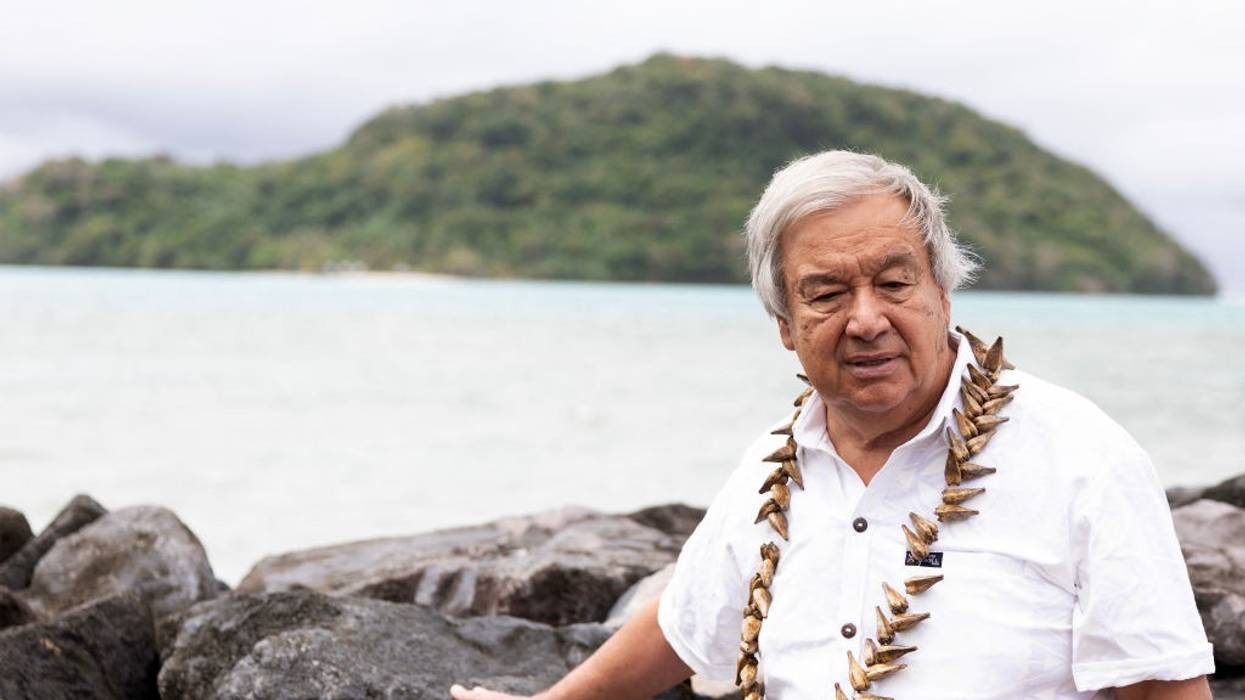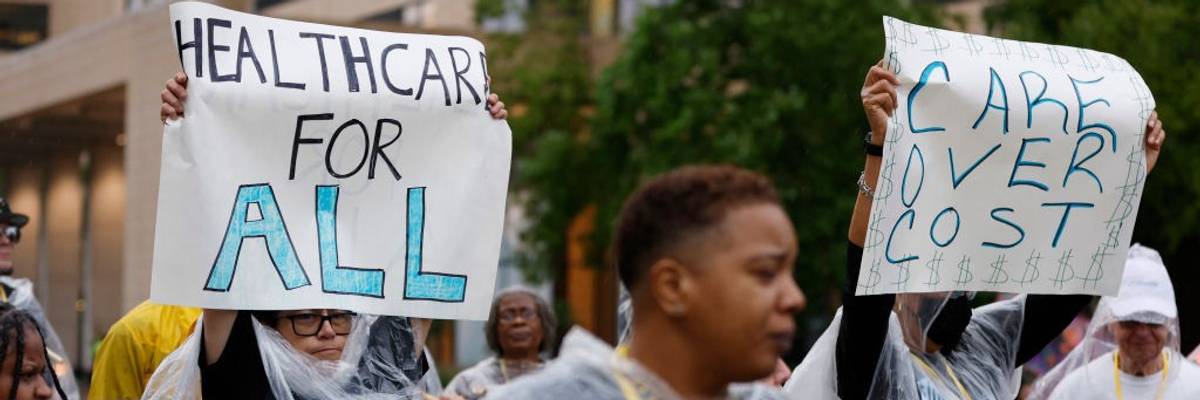
Critics Say Trump 'Joke Healthcare Plan' Nothing But a 'Con' of the American People
“In the longer term, we must finally pass Medicare for All, an actually great healthcare plan," said one campaigner.
US President Donald Trump on Thursday announced a "Great Healthcare Plan" that critics panned for being "short on details," arguing that—contrary to White House claims—the scheme will lead to higher consumer costs and less care.
Trump called on Congress to pass his proposal, which he said will "lower drug prices, lower insurance premiums, hold big insurance companies accountable, and maximize price transparency."
However, the advocacy group Protect Our Care called the proposal a "joke healthcare plan" and a "sad attempt to continue gaslighting the American people."
"Since taking office, President Trump and his cronies in Congress have taken a hammer to American healthcare to enrich billionaires and big corporations," the group said. "First, they slashed $1 trillion dollars from Medicaid, and then they doubled, tripled, and quadrupled health premiums for nearly 22 million Americans already struggling to get by in Trump’s unaffordable America."
"Now that it is clear that busting working families’ budgets is bad policy and bad politics, Trump is scrambling for a lifeline," Protect Our Care added. "The solution to ending the Trump-GOP premium disaster isn’t rocket science. It is the three-year, clean extension of the Affordable Care Act tax credits that the House passed. This commonsense solution that Trump callously threatened to veto is now sitting on Senate Republican Leader John Thune’s (SD) desk."
Trump’s new health care plan doesn’t help people facing skyrocketing ACA premiums.No fix for affordability. No solution for families struggling to stay covered.Just another empty framework while costs climb.
[image or embed]
— Protect Our Care (@protectourcare.org) January 15, 2026 at 12:57 PM
The Senate—which last month voted down a similar three-year-extension to what House lawmakers passed—has yet to schedule a vote on the extension. An attempt to advance the bill through a unanimous consent agreement was blocked by Republicans on Wednesday.
Congressman Brendan Boyle (D-Pa.), ranking member of the House Budget Committee, said in a statement Thursday that “Trump’s half-baked healthcare ‘plan’ is a con that does nothing to help Americans facing soaring costs and would raise healthcare expenses while cutting coverage."
"That’s no surprise from a president who is taking healthcare away from 15 million Americans to pay for tax breaks for billionaires," he added. "If the White House is serious about lowering healthcare costs right now, they should support legislation to extend the enhanced Affordable Care Act (ACA) tax credits that already passed the House with bipartisan support. The American people deserve real solutions, not gimmicks.”
The nonpartisan Congressional Budget Office estimates that a three-year extension of the enhanced ACA premium tax credits would increase the number of Americans with health insurance by millions, including approximately 3 million in 2027 and 4 million in 2028.
Eagan Kemp, healthcare policy advocate at the consumer watchdog group Public Citizen, said in a statement Thursday that “Trump’s Great Healthcare Plan is impressive only in the fact that it isn’t great, wouldn’t substantively improve healthcare, and isn’t even detailed enough to be considered a plan."
“Trump and his cronies have had more than a decade to come up with something beyond ‘concepts of a plan’ but have failed time and time again," Kemp continued. "The American people are suffering under a broken healthcare system that has been made worse by Trump and his MAGA allies."
“By passing tax cuts for billionaires and paying for them through healthcare cuts for tens of millions of people, Trump and Republicans showed their disdain for everyday Americans. In the short run, the Senate must follow the lead of the House and pass a clean three-year extension of the ACA subsidies," he said.
“In the longer term," Kemp added, "we must finally pass Medicare for All, an actually great healthcare plan, to finally guarantee everyone in the US can get the care they need throughout their lives without financial barriers."
